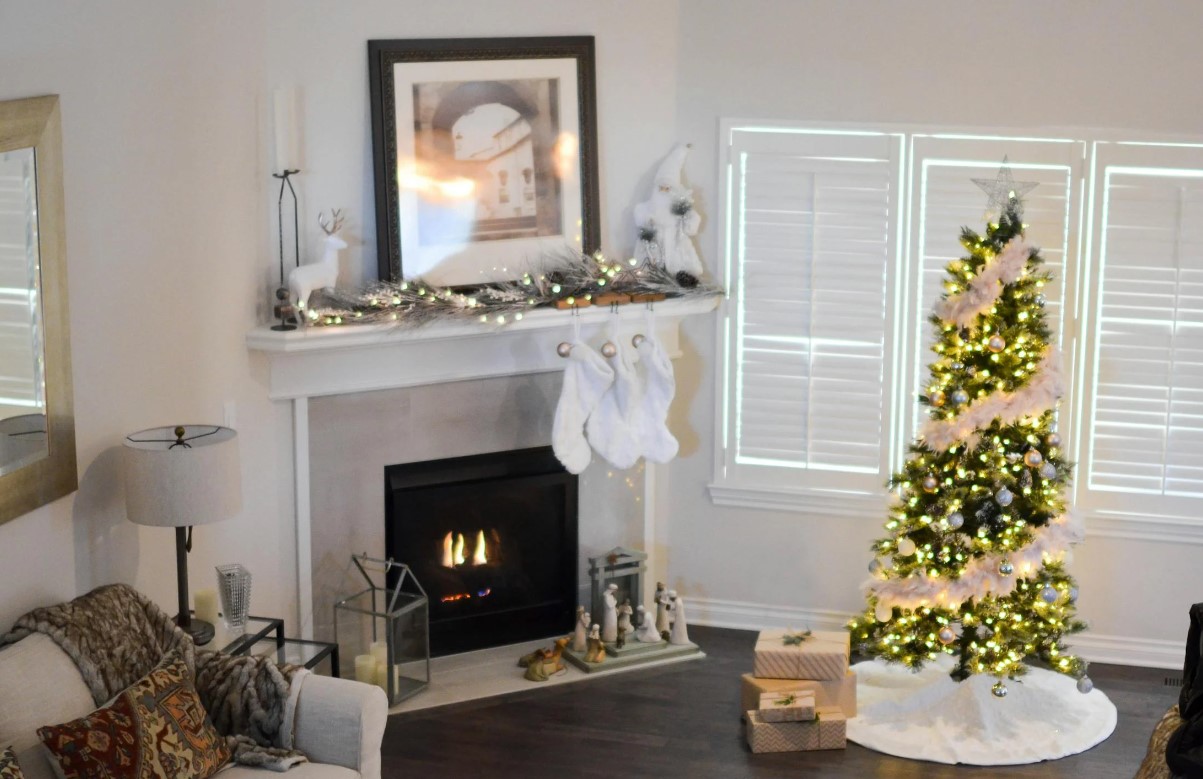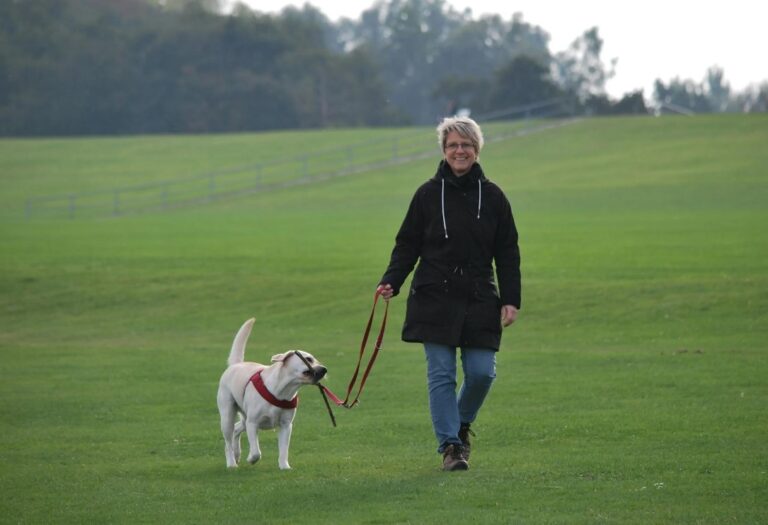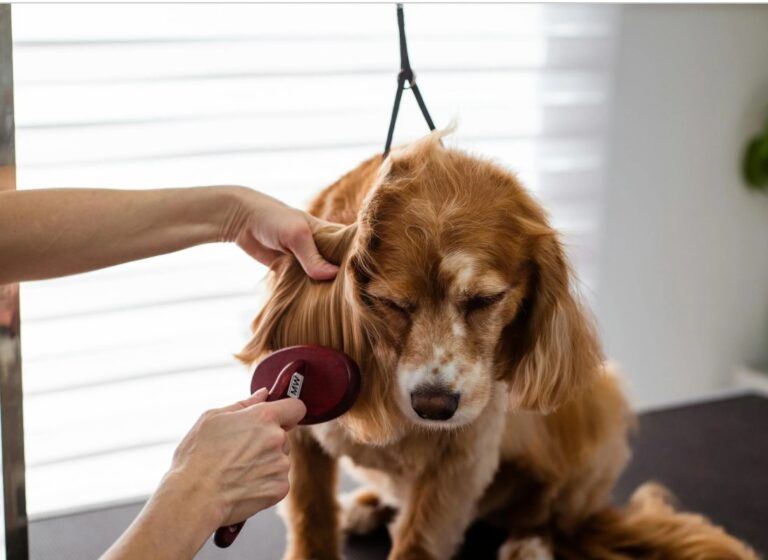How to Start a Holiday Home Business in the UK? – Set Up Guide
Last Updated on
1. Introduction to the Holiday Home Business in the UK
Overview of the Holiday Home Industry
The holiday home industry in the UK has seen significant growth over the past decade. This rise in popularity is attributed to the increasing demand for staycations, driven by economic factors and changing travel preferences. Holiday homes offer a unique and personal alternative to traditional hotels, providing guests with the comfort and privacy of a home away from home. From picturesque cottages in the countryside to modern apartments in bustling cities, the variety of holiday homes available caters to a wide range of tastes and budgets. Follow this guide to learn about how to start a holiday home business in UK,
Benefits of Starting a Holiday Home Business
Starting a holiday home business can be a lucrative venture for several reasons:
- High Demand: With more people opting for local holidays, the demand for holiday homes has surged.
- Flexibility: Owning a holiday home business offers flexibility in terms of managing bookings and setting prices.
- Investment Potential: Property values in popular holiday destinations tend to appreciate over time, providing a good return on investment.
- Personal Use: Owners can also enjoy personal use of the property during off-peak seasons.
- Low Overheads: Compared to other hospitality businesses, holiday homes can have lower operational costs, especially if managed effectively.

2. Understanding the Market for Holiday Homes in the UK
Current Trends in the UK Holiday Home Market
The UK holiday home market is characterized by diverse trends such as increased demand for unique and eco-friendly accommodations, a preference for rural over urban settings, and the rising popularity of short-term rentals facilitated by platforms like Airbnb. Understanding these trends is crucial for positioning your holiday home business for success.
Identifying Your Target Audience
Your target audience will significantly influence various aspects of your business, including location, property type, and marketing strategies. Families, couples, pet owners, and adventure seekers are some common segments. Tailoring your offerings to meet the specific needs and preferences of these groups can enhance your appeal and competitiveness in the market.
3. Choosing the Right Location for Your Holiday Home Business
Popular Holiday Destinations in the UK
The UK boasts a variety of popular holiday destinations such as the Lake District, Cornwall, the Scottish Highlands, and coastal areas like Brighton and Bournemouth. Each location offers unique attractions and experiences, catering to different types of holidaymakers.
Factors to Consider When Selecting a Location
When choosing a location, consider factors such as proximity to tourist attractions, accessibility, local amenities, and the overall appeal of the area. Additionally, research the local property market to ensure your investment will be viable and profitable.
4. Formal Requirements for Starting a Holiday Home Business in the UK
Necessary Licenses and Permits
Starting a holiday home business in the UK requires several licenses and permits, including planning permission, a property license from the local council, and possibly a change of use permit if your property is not already designated for holiday rental use.
Health and Safety Regulations
Compliance with health and safety regulations is mandatory. This includes ensuring your property is equipped with smoke detectors, carbon monoxide alarms, and fire extinguishers. Regular safety inspections and risk assessments are also essential.
Tax Obligations
Understanding and managing tax obligations is critical. This includes paying council tax, income tax on rental earnings, and possibly VAT if your earnings exceed a certain threshold. Consulting with a tax advisor can help you navigate these complexities.
Related Article: Legal Requirements and Licenses Needed for Holiday Home Business
5. Setting Up Your Holiday Home
Property Acquisition Options
You can either purchase an existing holiday home, buy a property to convert, or build a new one from scratch. Each option has its advantages and considerations, such as cost, location, and potential for customization.

Renovation and Interior Design Tips
Renovating your holiday home to meet the expectations of modern travelers can significantly enhance its appeal. Focus on creating a welcoming, comfortable, and stylish environment. Key areas include the kitchen, bathrooms, and communal spaces.
Furnishing and Amenities
Providing high-quality furnishings and amenities can set your holiday home apart. Consider essentials such as comfortable beds, modern appliances, Wi-Fi, entertainment options, and outdoor facilities like a garden or patio.
Related Article: Business Insurances Required for a Holiday Home Business in the UK
6. Financial Planning and Budgeting for Your Holiday Home Business
Initial Investment Costs
Initial costs include property purchase or lease, renovation, furnishing, and marketing. Create a detailed budget to ensure you can cover these expenses without overextending your finances.
Ongoing Expenses
Ongoing costs include maintenance, utilities, insurance, and property management fees. Regularly reviewing and managing these expenses is crucial for maintaining profitability.
Pricing Strategies
Setting competitive and attractive pricing is key. Consider factors such as location, seasonality, and the quality of your property. Dynamic pricing strategies can help maximize occupancy and revenue.
Related Article: How much does it cost to Start a Holiday Home Business in the UK?
7. Marketing Your Holiday Home Business
Creating an Attractive Listing
Your property listing should highlight its unique features and benefits. High-quality photos, detailed descriptions, and positive reviews can significantly enhance your listing’s attractiveness.

Effective Online Marketing Strategies
Utilize online platforms like Airbnb, Booking.com, and VRBO to reach a wide audience. Additionally, invest in a professional website and use search engine optimization (SEO) to improve visibility.
Utilizing Social Media and Travel Platforms
Social media platforms like Instagram and Facebook are powerful tools for promoting your holiday home. Engaging content, regular updates, and interactions with followers can build a loyal customer base.
8. Managing Bookings and Guest Experience
Booking Management Systems
Investing in a reliable booking management system can streamline the reservation process, reduce double bookings, and enhance guest communication.
Enhancing Guest Experience
Providing exceptional guest experiences can lead to positive reviews and repeat bookings. Focus on cleanliness, hospitality, and personalized touches such as welcome packs or local guides.
Handling Guest Reviews and Feedback
Responding to guest reviews and feedback professionally and promptly can improve your reputation and address any issues that may arise. Constructive feedback should be used to make continuous improvements.
9. Maintaining Your Holiday Home
Regular Maintenance and Upkeep
Regular maintenance is essential to keep your property in top condition. Create a maintenance schedule for tasks such as gardening, repairs, and deep cleaning.
Managing Cleaning Services
Efficient cleaning services are crucial for maintaining high standards of hygiene and guest satisfaction. Consider hiring professional cleaners to ensure consistency.
Seasonal Preparations
Prepare your property for different seasons by ensuring heating and cooling systems are in working order, and making any necessary adjustments for seasonal demands. By following these steps you should have learned about how to set up a holiday home business in UK.
FAQs about Setting Up a Holiday Home Business in the UK
- Do I need a special license to rent out my holiday home?Yes, you will need to obtain a property license from your local council and possibly planning permission.
- How much should I budget for starting a holiday home business?Initial costs can vary widely, but a detailed budget should include property purchase, renovation, furnishing, and marketing.
- What are the best marketing strategies for a holiday home business?Effective strategies include creating an attractive listing, utilizing online platforms, and leveraging social media.
- How can I enhance the guest experience at my holiday home?Focus on cleanliness, hospitality, and personalized touches such as welcome packs or local guides.
- What ongoing expenses should I expect?Ongoing costs include maintenance, utilities, insurance, and property management fees.
- How do I handle guest reviews and feedback?Respond professionally and promptly to improve your reputation and address any issues that arise.







